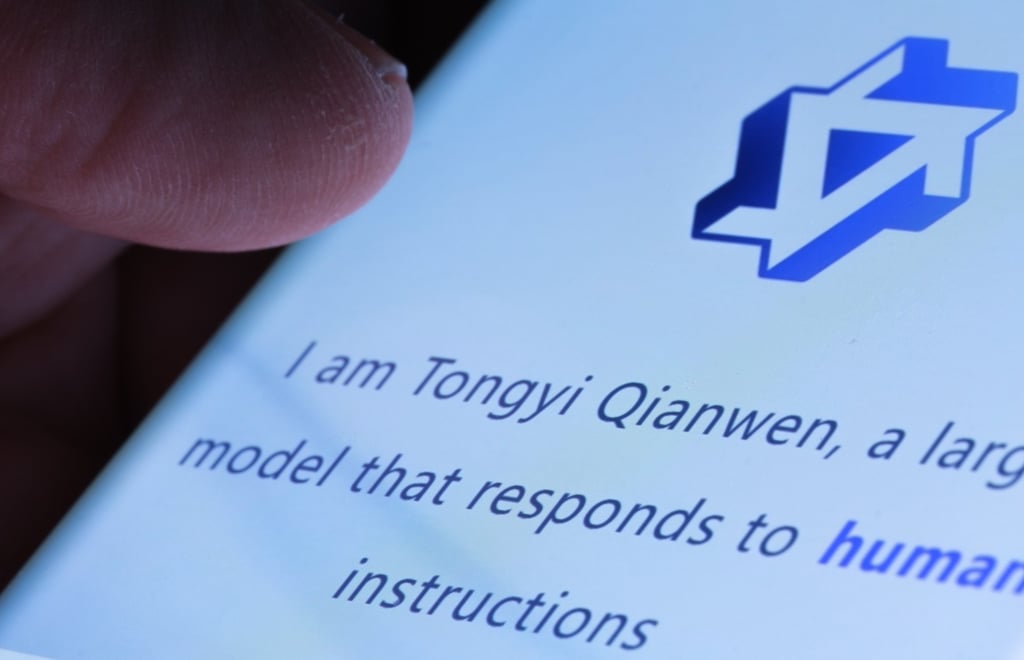China’s artificial intelligence (AI) industry is entering a rapid period of consolidation after large language model (LLM) development mushroomed last year, industry experts said.
“[LLM competition] has entered the finals this year,” Alex Zhou, managing partner of Qiming Venture Partners, said at the Future Tech Summit 2024, held by Hong Kong Exchanges and Clearing (HKEX) in Shenzhen on Thursday. Among the 200-plus models that have been launched in China, only a dozen players will be considered “top tier” by the end of the year, Zhou said. Globally, there will only be 20 or so LLM finalists, he added.
LLMs are deep-learning AI algorithms that can recognise, summarise, translate, predict and generate content using very large data sets, and they are the technology underpinning generative AI services like ChatGPT.
For players to successfully commercialise and apply their LLMs, Zhou said they need to address the three challenges of infrastructure, algorithms and data. For the first, clusters of 10,000 graphic processing units are a must for training models, and access to proprietary data would make a difference in competition for different LLMs.

China’s generative AI market has become crowded, with more than 200 LLMs developed since the launch of ChatGPT in late 2022, according to government estimates, while global players like OpenAI and Google are locked out of the mainland market.
Some AI players have already set their eyes on opportunities in overseas markets. SenseTime, one of China’s AI pioneers, has already launched LLMs in Thai and Arabic languages, while it also worked with Singapore and Saudi Arabia for collaboration on AI technology, according to Tingbo Li, general manager of the company’s Shenzhen unit.
However, the biggest challenge would be adapting to the different policies in each market, according to Xie, who told the conference that the company was also hiring talent in the US.










